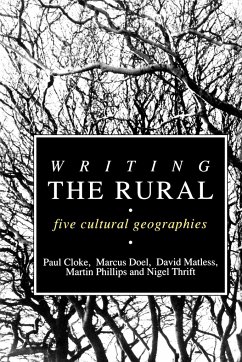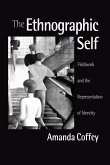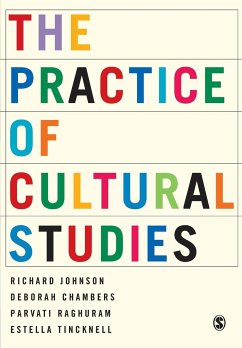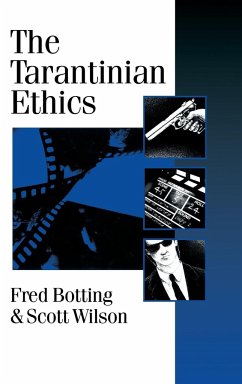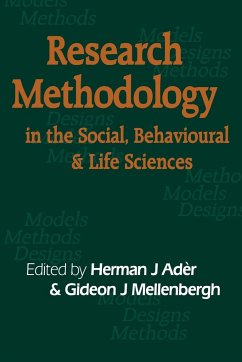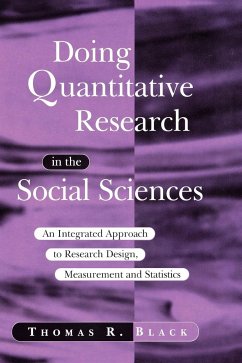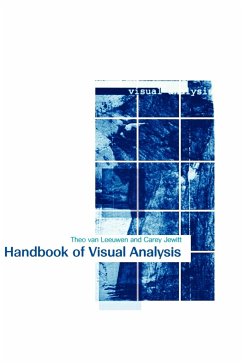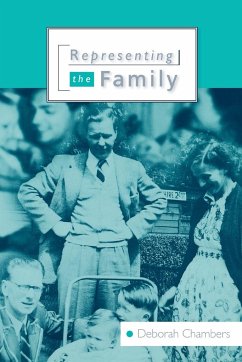This book arises out of an ESRC project devoted to an examination of the economic, social and cultural impacts of the 'service class' on rural areas. The research was an attempt to document these impacts through close empirical work in a set of three rural communities, but something happened on the way. The authors found that the 'rural' became a real sticking point. Respondents used it in different ways - as a bludgeon, as a badge, as a barometer - to signify many different things - security, identity, community, domesticity, gender, sexuality, ethnicity - nearly always by drawing on many different sources - the media, the landscape, friends and kin, animals. It became abundantly clear that the 'rural', whatever chameleon form it took, was a prime and deeply felt determinant of the actions of many respondents. Yet it was also clear that to the authors they possessed no theoretical framework that could allow them to negotiate the 'rural' to deconstruct its diverse nature as a category. Rather each of the extended essays in the book is an attempt by each author to draw out one aspect of the 'rural' by drawing on different traditions in social and cultural theory.
Hinweis: Dieser Artikel kann nur an eine deutsche Lieferadresse ausgeliefert werden.
Hinweis: Dieser Artikel kann nur an eine deutsche Lieferadresse ausgeliefert werden.

